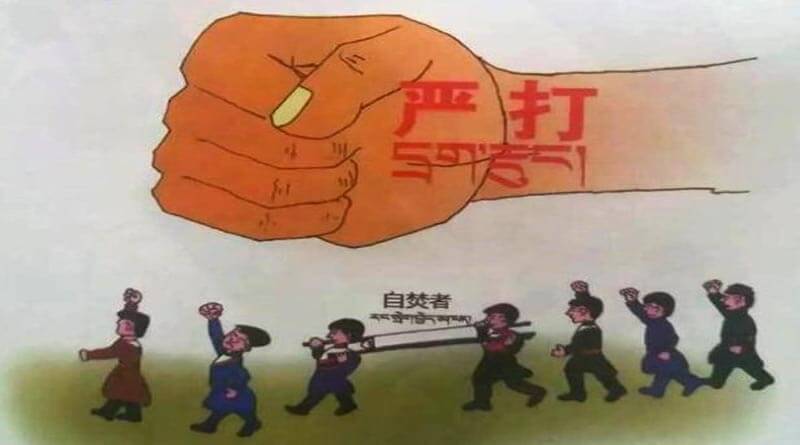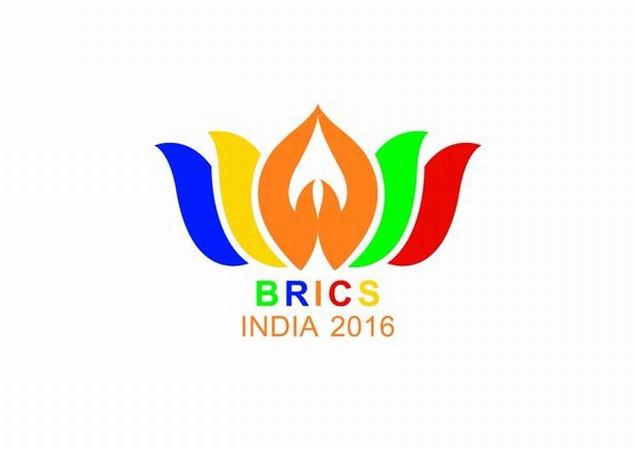China criminalises supporting Umaylam in Tibet

DHARAMSALA, August 1: Expressing support for Middle Way Approach (Umaylam), a mutually beneficial approach to resolving the issue of Tibet amicably within the framework of the People’s Republic of China, is now a criminal offence in Chinese occupied Tibet.
China has criminalised expressions of support for increased autonomy in Tibet for the first time, reports Human Rights Watch (HRW).
China’s Public Security Bureau in the so-called Tibet Autonomous Region (TAR) has issued a notice stating that any expression of support for the Dalai Lama’s proposal for increased autonomy in Tibet as a form of organized crime, the HRW stated in the report and added, “to our knowledge, this is the first time such activities and opinions have been officially listed as crimes by a provincial-level body in Tibet.”
It further urged the public to inform on ‘underworld forces’ and declared a range of traditional or informal social activities among Tibetans to be illegal, the report said.
Apart from criminalising the expressions of support for increased autonomy in Tibet, the notice has also criminalised local initiatives for environmental protection, language preservation, and dispute mediation as it claimed that some of these initiatives secretly encourage support for the exiled Dalai Lama or for Tibetan independence.
The new restrictions are intended to increase the authority of the CCP at the grassroots level, by destroying any remaining influence of lamas and traditional leaders within Tibetan communities, the HRW noted in the report.
China, a member of the United Nations since 1945 is a party to the signatory of UN’s 1948 Universal Declaration of Human Rights. Though the provisions of the declaration aim to protect the human rights of all people in participating nations, these new regulations are evidence of China’s systematic violation of human rights in Tibetan areas, the HRW said.
While the Central Tibetan Administration maintains it’s firm stand and commitment to peacefully and amicably resolve the issue of Tibet through ‘Middle Way Approach’ and hopes that the leaders in Beijing will see reason with the Middle Way Approach, instead of distorting it, and step forward to engage in dialogue with His Holiness the Dalai Lama’s envoys to amicably resolve the Tibetan issue, China calls The Dalai Lama a ‘separatist’ and the middle way approach an attempt to separate Tibet from China; a that can be best summed up as no interest to resolve the issue.
Middle Way Approach’ which seeks genuine autonomy for the Tibetan people within the framework of the People’s Republic of China was proposed by His Holiness as a mutually beneficial approach for both the Chinese and the Tibetans to resolve the issue of Tibet. The policy does not seek independence for Tibet from China, but a genuine autonomy within the framework of the People’s Republic of China.





